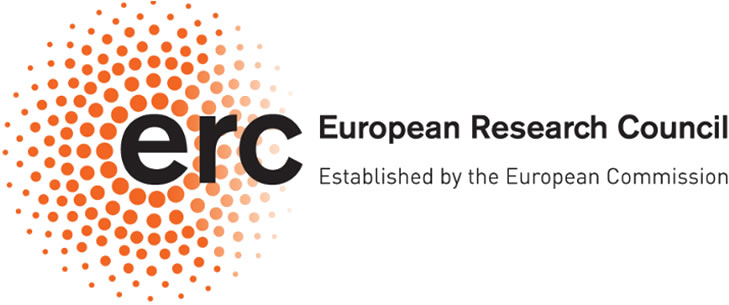Enhancing Qualitative Research Skills in AIMIX: A Crucial Step Towards Ethical AI in Prenatal Care
In the ever-evolving landscape of AI technology, especially within healthcare, understanding the socio-cultural and ethical dimensions is vital. This is particularly true when it comes to integrating AI into sensitive areas like prenatal care in rural, resource-limited settings. With this in mind, our recent training session was a pivotal part of the AIMIX project, aimed at enhancing our team’s skills in conducting qualitative research.
In August, the training day in Rabai, Kenya, brought together a diverse group of participants, including our newly recruited qualitative researchers and several enthusiastic members of the AIMIX team. Each participant shared a common goal: to deepen their understanding of qualitative research and to develop the necessary skills to explore the complex issues surrounding AI in pregnancy ultrasound.
Key Focus Areas: Ethics, Role-Playing, and Best Practices
A significant portion of the training was dedicated to ethical considerations in AI, led by project coordinator, BCN-AIM lab director, ICREA research professor and Principal Investigator of the ERC Consolidator Grant Karim Lekadir, an area of immense importance as AI technology intersects with human life and health. We delved into the ethical implications of using AI in pregnancy ultrasound, discussing how these technologies can affect socio-cultural dynamics and the importance of maintaining ethical integrity in our research.
Practical sessions were a highlight of the training, where participants engaged in role-playing interviews. These exercises were designed to simulate real-life scenarios, providing a hands-on approach to learning best practices for qualitative data collection and analysis. This practical exposure is crucial for our team, as it allows us to refine our techniques and ensure that we are capturing data that is both insightful and reliable.
Preparing for the Future of AI in Healthcare
The overarching goal of this training was clear: to ensure that our team is well-equipped to gather the data necessary to inform the development and implementation of AI technology in healthcare. As we continue to explore AI’s role in prenatal care, particularly through the AIMIX study, the insights gained from qualitative research will be invaluable.


